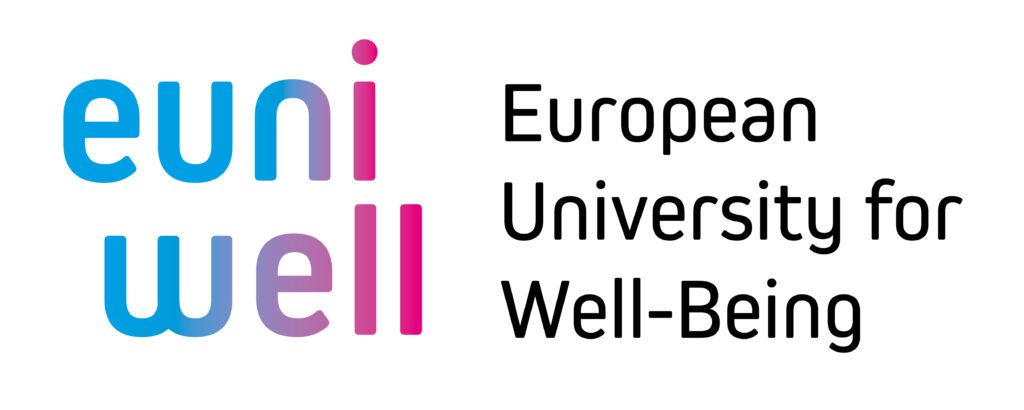Anne-Catherine Baseilhac is the Open Education project manager at Nantes Université (France). She manages the Fabrique REL, which distributes OER on the NÉO repository.
Open Education (OE) aims to contribute to achieving the United Nations Sustainable Development Goal (SDG) N°4: “Ensure inclusive and equitable quality education and promote lifelong learning opportunities for all”.
The core of the OE approach therefore lies within the teaching community. However, what is observed globally today? A shortage of teachers, which the first “Global Report on Teachers” published by UNESCO in 2023 highlights. The causes are multifaceted, but issues related to social status and motivation are significant. Better recognition for teachers’ work by their peers, learners, institutions, and society as a whole would undoubtedly contribute to valuing their essential role in educating global citizens.
By examining the mechanisms involved in the deployment of open education, we can see that it offers particularly fertile ground for the recognition of teachers’ work.
Recognition by the peers: freeing initiatives and revealing skills
OE encourages the cooperation among teachers, whether it is collaborating on a project to create OER (open educational resources), sharing OER, or using OER. Everyone benefits from each other’s expertise, fostering peer recognition within expanded networks and enriching communities of practice.
Moreover, teachers who adopt OE are interested in pedagogical innovation. They contribute to improving practices for better learner success, and their work can be recognized by the impact achieved.
The teacher’s pedagogical talent can fully express itself, becoming visible and explicit. OER are indeed based on the exercise of genuine pedagogical freedom, which gives meaning to the profession.
Given that the future of the teaching profession is likely to involve greater expertise in pedagogical engineering, the role it plays in OE can only strengthen the recognition of teachers’ work by their peers.

Recognition by the learner
One of the features of OER is that they reach a wide audience, beyond the confines of the classroom. The teacher enables individuals who may be distant from educational institutions, to access quality education, thereby helping to reduce inequalities related to financial, geographical, or social barriers.
Regarding the intrinsic nature of OER, which provide flexible resources tailored to the learner’s needs, they enrich the learning experience and contribute to the learner’s success.
These two factors are sources of recognition from the learner for the teacher, who has generously shared their educational materials in open access.
Recognition by the institution
An institution that encourages open education practices can provide its teachers, through a proactive policy, the institutional opportunity to showcase their projects by giving them visibility and to develop their talents through personalized support. It can also recognize their contribution to the creation of OER by awarding distinctions that are valued in their professional profile and career path.
Thus, OE represents a specific opportunity for recognition of teachers who engage in it, by their institution. It fits within a context of major and irreversible cultural and technological changes to which educational institutions must adapt, and which require a renewal of the educational mission of their teachers. Therefore, institutions have every interest in embracing open education and the mechanisms at work in its practices to valorise their proactive and pioneering teachers in this new dimension of their profession.
Recognition can also be expressed by other institutions than the one where the teacher works. Since OE is inherently global, a teacher’s work on creating OER can be identified, recognized, and valued (through an award, for example) by another organization, international professional association (e.g., OEG, ICDE, etc.), or institution from another country.
Recognition by society
Through OE, a teacher can find a form of “ethical” recognition for their profession from citizens. This is the key issue in revaluing the social status of the teaching profession. “It is the expectation of a new form of recognition, one of shared and more universal social utility, the acknowledgment of skills that must be made visible and appreciable by all” (Torres, 2014).
OE makes the attention paid by the teacher who engages in free, generous, open, and shareable educational transmission more visible for everyone.
This recognition by society can be even more profound when a teacher’s open education approach results from a personal, voluntary choice, not imposed by their institution.
All these levers of recognition for a teacher’s work are made possible thanks to the protection of copyright inherent in OER, through the attribution of a license to the resource (e.g., licence Creative Commons). This license ensures the authorship of the work to the teacher throughout the life of the OER, through any modifications that may be made, and constitutes the foundation of the recognition mentioned.
Open Education, due to the variety of educational interactions it fosters and their nature, seems to represent a crucial mean of addressing the need for recognition of the teaching profession. Institutions that successfully embrace and fully implement it – by offering teachers who practice Open Education through OERs a distinctive professional trajectory – are likely to engage in a virtuous circle. The virtuous circle of Open Education, that makes high-quality knowledge accessible to the greatest number of people, thanks to teachers passionate about teaching and fully recognized for their contribution to social progress.
References
Torres, Jean-Christophe. « La reconnaissance professionnelle des enseignants : difficultés et contradictions ». Administration & Éducation, 2014/4 N°144, 2014. p.143-149. CAIRN.INFO, shs.cairn.info/revue-administration-et-education-2014-4-page-143?lang=fr.
Please note that this article has been translated with the help of artificial intelligence and reviewed by individuals who are not professional translators. Despite our efforts to ensure accuracy and fidelity, errors or inaccuracies may remain. Feel free to let us know at: euniwell@univ-nantes.fr.
“Recognize teachers’ work” by Anne-Catherine Baseilhac is licensed under CC BY 4.0

